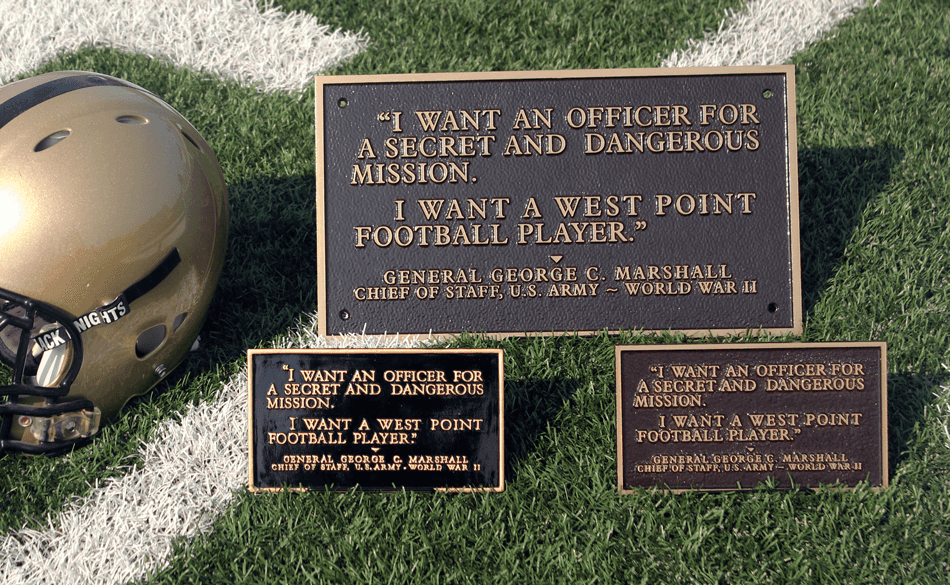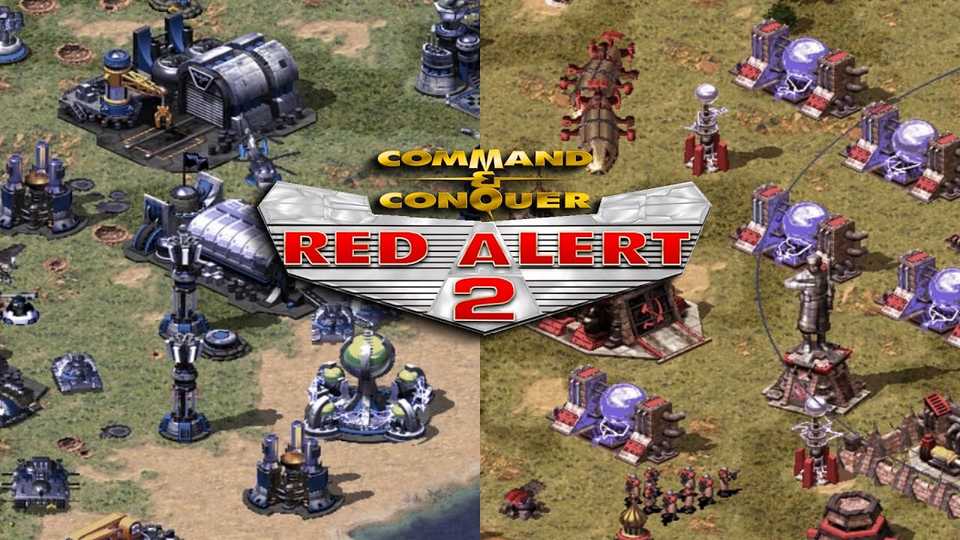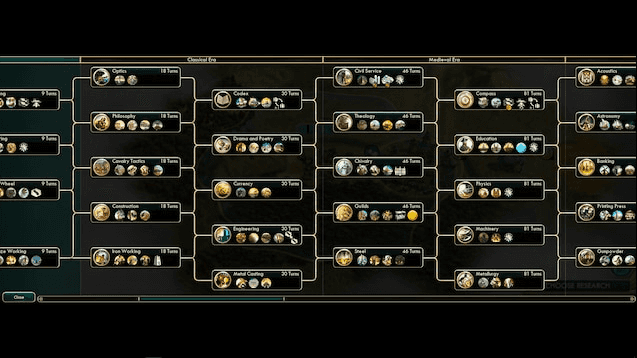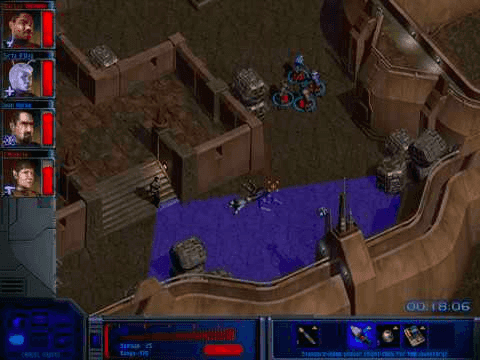Raised by the Games
Games make the best training, distilling important and complex experiences down into the span of hours to be learned in a low-risk, focused, entertaining way. That’s true for many kinds of games; in World War II a general made a quip about choosing a star football player as a champion in battle and the West Point football team will never let you forget it.

I had the fortune of growing up at the dawn of the internet age, when computers were just starting to harness the power of graphics to produce immersive video gaming experiences beyond simplicities like Super Mario and Pong. The first game I ever played on a computer - that I recall - was the puzzle-solving, slow-moving Myst at my father’s office Macintosh. It’s still supposedly a legendary game, among the likes of Doom, but I remember only being confused and bored, held captive by the threat of greater boredom doing other things. I remember clicking out of the game and desperately searching for even Minesweeper, something else more appealing.
Fortunately, things improved quickly from there. On my uncle’s translucent iMac, I discovered Age of Empires I (the demo only!), with a single map and a pop cap of 35 - and was so entranced I refused to join the family for dinner and had to be pried away for the drive home. I knew at the time I was entertained. What I did not know what how formative these games would be for me in the years ahead.
Our humble Pentium I processor at home was no silicon chariot. Even with the Turbo button firmly pressed, and the clock rate LCD up to 66 MHz, it struggled even to load Microsoft Word. After a year of begging and borrowing friends’ computers, Christmas Day arrived, and with it a magnificent, wrapped, cubic Tower of Hanoi in the living room bearing a shiny new Dell workstation. So it began. I was ten years old.

Age of Empires 2 and Red Alert 2 taught me resource management, simple tactics, and the finesse of applying strength at the point of the enemy’s weakness. In both games, the resources available to prosecute any offense or defense are finite and nonrenewable; I learned firsthand to balance opportunity against cost. I am still reminded of Red Alert’s entertaining soundtracks from time to time (Kirov reporting…). The former was enough of a landmark game that Microsoft is still publishing updates to the game today, 20 years later!
Stronghold was similar, but with heavier weight to the economic component. This taught me engine-building - hyper-optimizing some mechanism of growing the right mix of food or building the most crossbows in some amount of time.
Civilization III was a course of its own. In this game, you manage a civilization “through the ages,” starting with a rudimentary settlement guarded by warriors and - all going well - end by landing an astronaut on the moon or as the victor in a nuclear exchange. Where Age of Empires games last hours, Civilization games can last months. This was a unique way to learn the arts of statemanship, of balancing immediate need against future growth, and forecasting many moves (centuries, even) into the future. Should I place a city next to the ocean, which is good now, or in the mountains, which will be good later? Should I raise an army to conquer barren tundra in speculation for oil? These are fascinating scenarios no 13-year-old is otherwise privy to, with the safety to get them wrong until I got them right. The AI, not a particularly clever foil, served as a brick wall does a tennis player. A key lesson was in the value of scientific progress and technological superiority, playing the “long game,” and focusing efforts on one battle at a time rather than spreading too thin.

Rome: Total War was the next natural step in that progression. Here, you lead one of the tribes of Rome or Europe, raising armies, managing cities, and conquering provinces. The passage of time is less accelerated than for “Civ”; global scientific progress plays less of a part than the industrial development of a particular city. Invest heavily in a city, and it can produce greater dignitaries or better-armed soldiers.
Here, I learned not to trust the stats. Before each battle, I’d be shown an analysis and prediction: my armies versus theirs. What the digital bean counters did not account for was clever tactics; I came to learn that the right unit in ambush charging the flank at the right moment could overpower a force ten times its size. I learned that battles are not won when one side has no soldiers left, like Hollywood and other games show, but when that side has no confidence or fighting spirit left. An enemy unit could go from orderly to chaotic retreat in under a minute. In Rome, a devastating loss would still send 50% of the losing soldiers routed from the battlefield, often following a mounted charge from a century of my Roman equites. In defense, I’d carefully rotate and manage the morale of units under siege, and plan maneuvers well in advance to account for sluggish responses under fire.
I was so enthusiastic about these latter two games, in fact, that I would doodle in my notebooks in class with maps planning conquest of Gallia or Siberia, arranging blocks in what I’d come to later know as a Gantt chart. They both inspired a new respect and appreciation for ancient history, bringing to life the common themes between antiquity and today. Both taught me operational planning in a way I’d draw on years later in my adult career. I’ve invoked the memory of Civ’s “Tech Tree” in software engineering designs with engineers who also played it as kids.
There were many more. The Sims impressed on me that skills are learned simply by spending time in their pursuit, something Malcolm Gladwell would appreciate (and to never get in a pool without a ladder). Star Trek: Away Team taught me sleight of hand and an eye for evasive action that would serve me all too well as a cadet at West Point, alongside a perspective on small-group management and tactics.

In retrospect, I was either fortunate or precocious enough to spend my time on these games, and less on the “empty calories” of Halo, Call of Duty, and Battlefield. There was plenty of that, and they were almost endlessly entertaining - especially with a dozen friends in the basement on a Saturday night. Come to think of it - those LAN parties were also how I learned networking; try teaching DHCP to a kid who doesn’t need to get 5 clunky PCs into the same game lobby!
When I look at what I do well in my career today - optimizing, path-finding, contingency planning - it’s easy to see the ties back to these games, which taught me in a way that no lecture or textbook could.
Two decades on, this story has only gotten better. Sure, there’s Minecraft, World of Warcraft, and Fortnite. But then there’s Factorio and the dozens of lookalikes training the next generation of logistical experts today. Kerbal Space Program and its sequel are runaway hits that train you in actual physics and orbital mechanics. Without a dollar or life on the line, these kids can get fast-turning practice with important fundamental principles that can serve them well even in unrelated fields. It’s exciting to see meaningful, healthy games like these hold so much purchase in a market filled with mindless entertainment.
Not long ago, I revisited Myst at a computer museum, excited for a fresh take on it as an adult. Moments later, bored and confused, I leaned back and thought - it’s good that this got better.